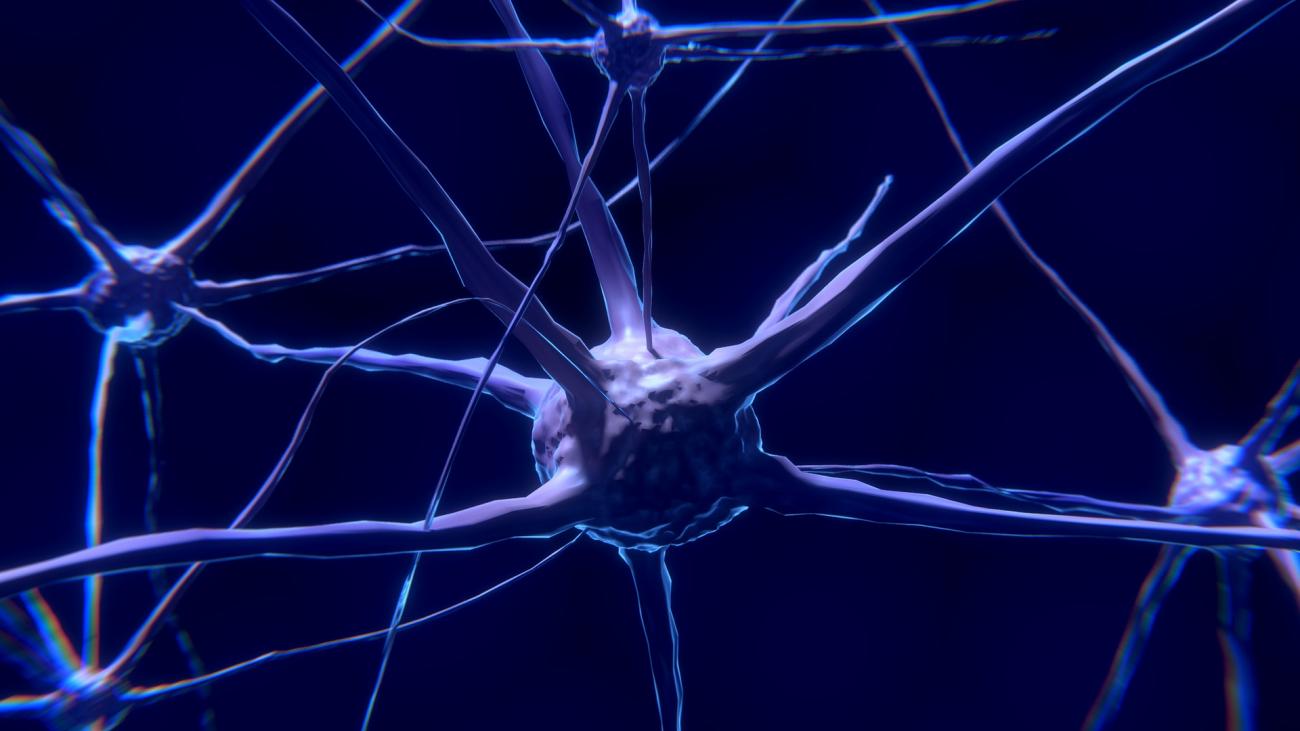Dr. Bernat received his Ph.D. in Clinical Psychology from the University of Michigan, where he also completed an APA-accredited internship and post-doc, as well as a post-doctoral fellowship in Biomedical Engineering focused on time-frequency signal processing approaches. He subsequently served as a Research Associate in Clinical Psychology at the University of Minnesota and then core faculty in Clinical Psychology at Florida State University. Dr. Bernat joined the Psychology faculty at the University of Maryland-College Park in 2013.
I have received approval to engage in the recruitment process this year with the hope of taking a student for Fall 2026. Accepting a student will be pending departmental approval.
Degrees
-
PhDClinical Psychology, University of Michigan
Dr. Bernat’s research focuses on brain mechanisms that underlie individual differences in cognitive and affective processing. This involves basic science work developing measures for critical mechanisms, and clinical-translational work assessing how these mechanisms relate to psychopathology and individual differences, with a focus on health disparities.
Currently collaborations with residential drug treatment facility in Baltimore serving primarily lower SES minority individuals in a setting that includes a crisis center, inpatient, outpatient, and transitional housing. Cognitive-neuroscience projects there focus on brain mechanisms underlying substance use and psychopathology, as well as change in these mechanisms during treatment. For example, one thread focuses on the relationship between trauma and substance use, and development of brief trauma interventions. Another thread is focused on changes in drug and other cue-reactivity during the initial period of abstinence (cue-incubation), and how this can index vulnerability to relapse. Additional work focuses on analysis of electronic medical records for ongoing operations. Across all projects, we are interested in the mechanisms and impacts of substance use, including on brain mechanisms and health disparities.
Emerging transdiagnostic (dimensional) models of psychopathology play a prominent role in the inferences involved in this work. The most common model involves three primary factors: 1) impulse control (externalizing) problems such as substance dependence, antisocial behavior, and psychopathy, 2) internalizing problems involving anxiety and depression, and 3) the shared variance between internalizing and externalizing (referred to as a psychopathology factor; p-factor). This parsimonious model provides reduced complexity when relating psychopathology to brain mechanisms. More importantly, however, this offers empirically-based approaches to identifying potential neurobiological factors underlying multiple related or comorbid clinical problems. Our work in this area suggests that substance use is strongly related to the p-factor, suggesting that psychopathology is a strong driver of substance use.
A primary methodological focus is on advanced time-frequency decomposition techniques employed with EEG/ERP data. This includes amplitude measures that can delineate active brain regions and functional connectivity measures to characterize dynamic communication between brain regions. A major current methodological focus is on developing higher resolution time-frequency representations of event-related functional connectivity, dynamically as it unfolds. To bring better spatial resolution, further integration between these EEG/ERP decomposition approaches and MRI/fMRI neuroimaging data is currently being advanced, as well as cortical source modeling to make inferences about the sources underlying EEG/ERP time-frequency effects.
Current Students
-
-
Grad Advisee Profile
Former Students
-
Student NameJessica EllisCurrent PositionClinical Operations Project Manager




